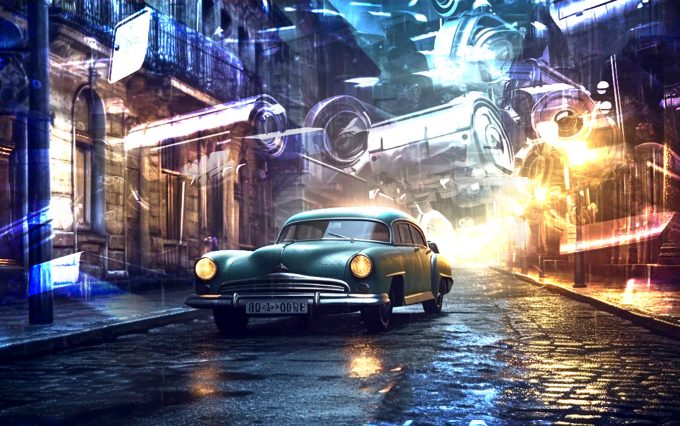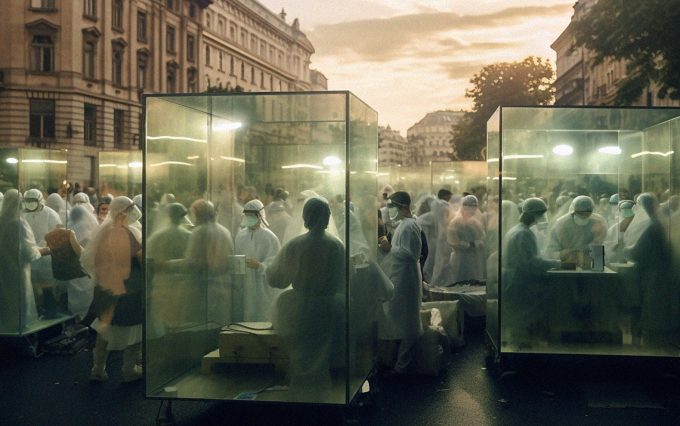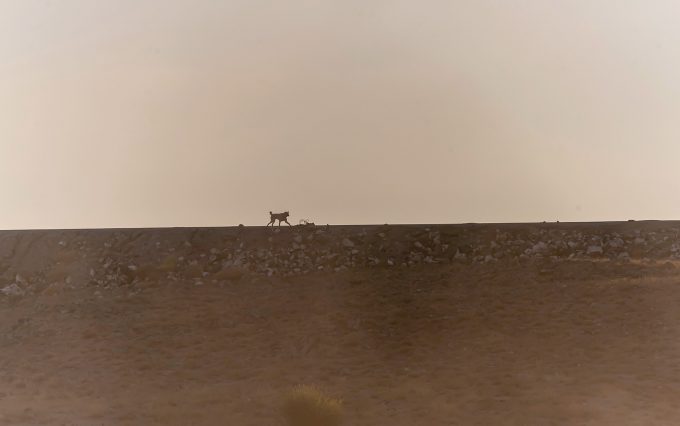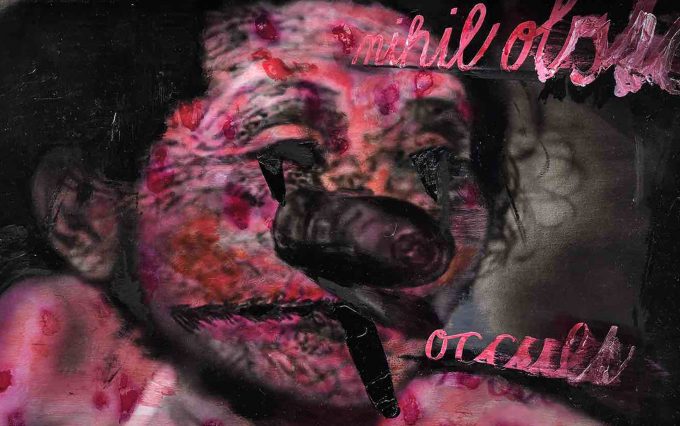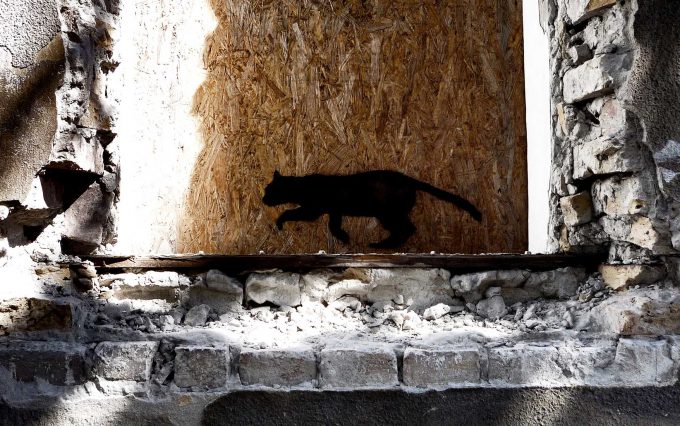#poetry
As a group of excursionists clamber on, a rock becomes a giant, a little girl appears, invisibly, and the group, now separated, get lost in time.
Weary and worn, Christiana Democracy considers her name, its history, and questions whether in this world a person can still believe.
In his poem, Petr Borkovec quietly, concisely, and with exacting observation sharpens out a dramatic micro-story.
The inhabitants of this plague-struck world, in this poem by Hungarian poet Petra Szőcs, are seething with suspicion, horror, fear, and longing.
In this polygraphic poem, by Petra Szőcs, we discover whether any truths are revealed when one’s heart becomes the subject of a lie detector test.
Sendecki’s poem is a plot of image and meaning with a characteristically dramatic aura, its microscenes simultaneously intriguing and disturbing.
A poem with a unique strategy of internal, authorial intertextuality, not merely literary play, but a means of perceiving the world.
In Márta Júlia Nagy’s poem, a home for beautiful crazy girls lies rotting as if from a modern nightmare or a fairytale by the Brothers Grimm.
A poetry of unrest and hidden dangers in everyday life, which confronts readers with a world seemingly familiar, and yet surprising in its reality.


